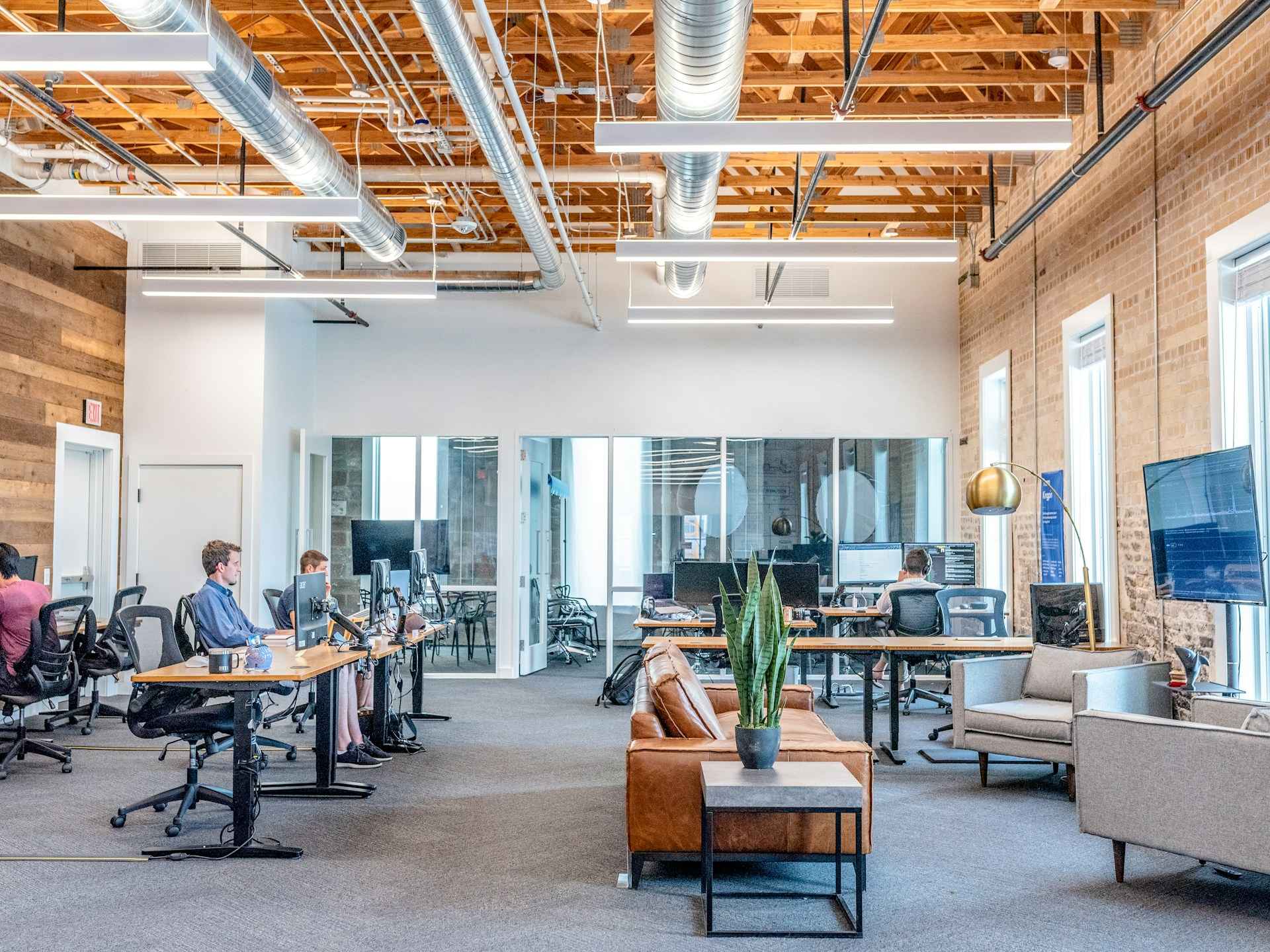
C-Suite executives believe that Artificial Intelligence is key to increased productivity; however, most workforces are not ready to transform, according to a Global Talent Trends Study released on Wednesday.
Drawing on insights from over 12,000 C-suite executives, HR leaders, employees and investors globally, Mercer‘s research reveals actions employers are taking to thrive in this new era.
“This year’s findings highlight staggering shifts at work,” said Pat Tomlinson, President of Mercer in a statement.
“They point to a notable divergence between the views of the C-Suite and HR on what will carry business forward in 2024, and a lag in employees’ views on the impact of technology. As we usher in an age of human-machine teaming, organisations need to place people at the heart of transformation,” explains Tomlinson.
Some of the key findings include:
Gen AI viewed as key to increasing productivity: The study shows higher optimism regarding the potential increase in productivity due to AI. The findings show that 40% of executives anticipate AI to yield gains exceeding 30%. However, a majority have expressed concerns that technological progress outpaces their organisations’ ability to retrain employees.
Decrease in employee trust: Trust in employers has witnessed a decline in comparison to 2022, which is a concerning trend with effects on employees’ morale, sense of fulfillment, and commitment to their roles. The research findings indicate that individuals who have faith in their employers to act ethically, both for their benefit and for society, are twice as likely to report a sense of fulfillment, accompanied by a deep-seated purpose, a feeling of belonging, and recognition of their worth.
Resilience amid uncertain economic conditions: Around 64% of the surveyed executives believe their business can withstand unforeseen challenges, up from 40% two years ago. The research finds that redesigning work for employee well-being is critical to mitigating the risk of burnout.
Employee experience is a top priority: Employee experience remains at the center stage of this year’s HR priorities. Thriving employees are 2.6 times more likely to say that their employer designs work experiences that bring out their best.
The research’s findings explain that despite AI’s potential, there remains lingering concerns around the inclusivity and diversity of the organisational structures. Only 39% of the surveyed HR leaders said that there are enough women and minorities within leadership positions.
Nonetheless, two-thirds of the HR leaders have said that the implementation of new technology solutions without a concurrent transformation of work practices raises red flags.